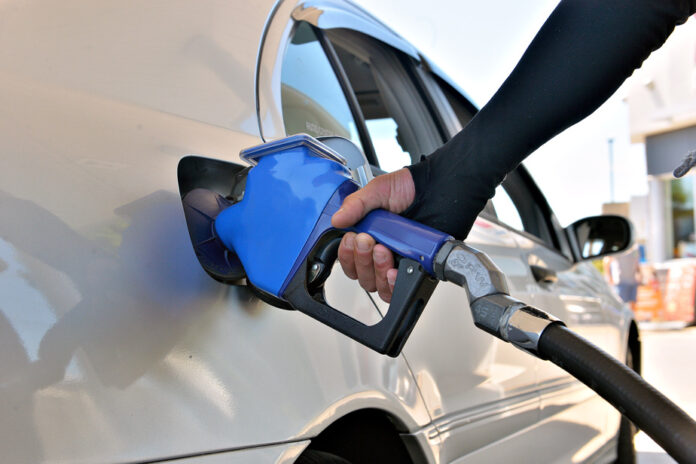(Calgary) As crude oil prices hit a 12-month high on Friday, Canadians planning to hit the road for the last long weekend of summer can expect to pay more for gas than on Labor Day last year.
The national average gasoline price on Friday was $1.67 per litre, according to fuel price tracking website GasBuddy.com. By comparison, it stood at $1.37 per liter as of September 1, 2022.
Gasoline prices began to rise in July and August this year, in part due to crude oil production cuts by Saudi Arabia and Russia. They continued to rise this week, on dwindling crude inventories in the United States as well as projections that Saudi Arabia would extend its supply cuts until October.
The benchmark West Texas Intermediate (WTI) crude price hit a 12-month high on Friday, settling above US$85 a barrel. This compares to around US$75 per barrel in early September 2022.
Energy analyst Vijay Muralidharan, managing director of R Cube Consulting, pointed out that demand boosted over the summer months has been strong and North American refineries are facing a tight supply situation.
Still, he believes consumers are likely to find some relief at the pumps this fall and winter as the impact of central bankers’ interest rate hikes grows stronger and global economies will begin to subside, which will reduce the demand for crude.
“I think there will be a short-term economic slowdown,” predicted Mr. Muralidharan. At the beginning of next year, I think we will see some leeway, a pullback in demand. It will happen, it is inevitable. »
However, Mr. Muralidharan added that in the meantime, refinery inventories are so tight that any unexpected breakdowns or problems could lead to higher prices.
“Even if it’s a 100,000 or 200,000 barrel refinery, any disruption will cause prices to spike,” he said.
According to GasBuddy.com, the most expensive gasoline this week is in British Columbia and Newfoundland, while drivers in Alberta enjoy the lowest fuel prices.















